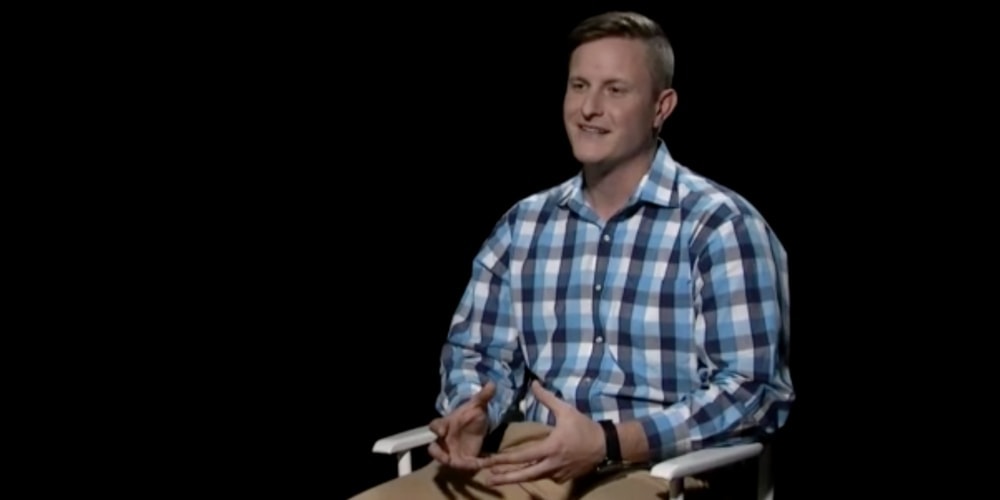
, founder, Fluid Ministry
When it comes to communications and evangelization within churches, Seventh-day Adventist pastor Richie Halversen gets it.
His studies in communication give him an insight into the importance of effective communication strategies for churches and ministries. He is committed to reaching out to this new, global, social and mobile generation.
As the pastor of College Drive Church and its plant, the Ridge, in the U.S. state of Mississippi, Pastor Richie has many opportunities to use advanced tools to grow the church.
Pastor Richie begins his approach to communications with the big picture in mind. He believes that we live in a world where people have become “too individualistic and consumeristic.” Such a mentality is actually unhealthy. People long for relationships and love, but they are not finding them. Pastor Richie believes that any communications strategy focused on evangelism is going to have to overcome this individualism and build avenues to enhance relationships.
Pastor Richie uses many methods of digital and print media in his marketing, but he finds that some of the traditional methods, including direct mailings, are less effective. He tries to combine traditional methods with digital and mobile channels for a greater effect. He believes the problem with traditional approaches to evangelism is that we expect the advertising to do all the work. Ultimately, church leaders and members need to be agents of communication. They should be living billboards and living websites.
“If we have built up trust in the communities we live and work in, people will welcome our advertising, otherwise they will meet it with suspicion,” Pastor Richie says.
Pastor Richie finds that the greatest form of marketing for evangelism is word of mouth.
If people are great neighbors, co-workers and employers, then that witness will be attractive to others. They will want what we have. Evangelism happens first on the personal level. These personal interactions build relationships between members of a church and the people within a community. For example, Pastor Richie hosts small group Bible study sessions in a coffee shop in order to provide a comfortable setting outside the church building in which to meet new people. Those with whom he built relationships are likely to feel more comfortable coming to the church and hearing the gospel message.
Communications technology that extends these personal connections works well as a marketing vehicle.
Pastor Richie relies on Facebook and the crossMRKT text messaging services to get his message out. He can target people in his community through Facebook promotions to let them know about events taking place at his church. He promotes Facebook check-ins during services using Causely, which increases exposure while doing good. While you’re promoting your church on Facebook, money is donated to charity for each check-in. Not only do you promote your church, you’re doing the world real favor, he says. He also finds text messaging to be a great way to build a following and to communicate with people about his church. In fact, he says that he could not live without it.
Recently, Pastor Richie’s congregation planted a church called the Ridge. He used these digital communication channels to promote the launch for his new church. More than 60 new people attended the launch event, based on personal invitations, Facebook promotions and text messaging. This is a great start for the new church.
Pastor Richie uses technology to make his church run more efficiently. He uses the crossMRKT text messaging service to communicate internally with his staff. He also uses technology to facilitate board meetings. He has tried video conferencing, phone conferencing, e-mail discussions, and other formats in addition to traditional meetings to make these gatherings run more efficiently.
Once Pastor Richie makes contact with new people, he tries to plug them into a ministry role as soon as possible. He feels that people take ownership when they get involved and that they are more likely to remain connected. He appoints them and grants them some real responsibility.
Technology plays an important role here as well. Using new technologies takes a lot of resources, so there is always something to do for a new person who is looking to volunteer. Pastor Richie takes advantage of this to plug people into his congregation’s active roles.
Watch Richie Halversen's 4-minute story about how he went from being a 19-year-old father and drug user to pastor. Video: NAD.
Jason Alexis, a Seventh-day Adventist and founder of Fluid Ministry, which published a version of this article on its website, is passionate about helping churches, ministries and non-profits get their message out to a mobile, global and social generation. Having begun his career as an engineer, Alexis believes that marketing and communications should be based on hard data, systemic analysis and proven best practices.